the inner lives of women NOT A
MUSE a world poetry anthology edited by
Kate Rogers
Viki Holmes

Not a Muse: The Inner Lives of Women, a World Poetry Anthology Published in Hong Kong by Haven Books in 2009; second printing in 2010 ISBN 978-988-19743-4-1 Copyright 2009 by Haven Books and the individual contributing writers and poets Cover design by Candace Campos, Haven Books; cover art Marisol Escobar, licensed by VAGA, New York, NY The moral right of the contributing writers and poets has been asserted. All rights reserved. No part of this book may be reproduced or translated in any form without the express permission of the publisher or the contributors.
www.havenbooksonline.com table of CONTENTS
For our mothers and sisters INTRODUCTIONS
and PREFACE
editors' INTRODUCTIONS
KATE ROGERS:
Across the broad continent of a woman's life falls the shadow of a sword. On one side all is correct, definite, orderly; the paths are strait [sic
], the trees regular, the sun shaded; escorted by gentlemen, protected by policemen, wedded and buried by clergy-men, she has only to walk demurely from cradle to grave and no one will touch a hair of her head. But on the other side all is confusion.
Nothing follows a regular course. The paths wind between bogs and precipices. The trees roar and rock and fall in ruin. Virginia Woolf, Collected Essays Volume III We used the above quotation from Virginia Woolf in our call for submissions. I came across it in two places within a period of six weeks: first, in the third volume of Virginia Woolf's Collected Essays, found during a meander through the stacks of the university where I work, and once again while I was reading American Elisabeth Gilbert's revelatory memoir, Eat, Pray, Love, where she quotes Woolf as an inspiration for making massive change in her personal and professional life. Finding it in these two places was too much for me: it seemed like a sign.
Someone close to me who is not a poet recently said in a somewhat puzzled (and possibly exasperated tone), You squeeze every moment for meaning. Perhaps it can seem that way to those who haven't become acquainted with the muse, but in fact, from a poet's point of view, meaning finds us. Whether it is stumbling across the same quotation twice or experiencing epiphanies during our lives as poets, writers, teachers, academics, artists, accountants, doctors, lovers, parents, children-meaning finds us. When I first sent that quotation to our publisher Dania Shawwa Abuali, who was raised in the Middle East and Canada, she said that she could strongly relate to the dichotomy of those paths on either side of that looming sword. Recently, in a meeting for the anthology, Dania mentioned an acid attack on young women walking outside their school in Afghanistan (Indonesian poet, novelist and critic Laksmi Pamuntjak refers to the same incident in her preface). It was made clear by the perpetrators that the girls were being punished for studying.
Ironically, their burkhas were their protection. We have made a point of including the poetry (in translation) of women writing in countries where they have limited freedom, including of expression. But what about writers in countries where freedom of expression is a given? Writers such as Viki Holmes, my sister editor on this project, and myself, raised in open and comparatively privileged circumstances in the UK and Canada? Why, you might ask, do we need to explore being Not a Muse? Viki will express her own perspective in her introduction. As for me, as a writer who has personally struggled to find that iconic room of one's own, I believe that we still have a long way to go. Many Judith Shakespeares, as imagined by Virginia Woolf, still exist in this world and struggle to share their perceptions through poetry. The experiences which move and surprise us as women, in our daily lives, in our relationships with others and to our own bodies, are still unfortunately less valued and less celebrated in mainstream poetry and literature than those of men.
One poem of celebration in Not a Muse is Canadian Elisabeth Harvor's The Damp Hips of the Women. In this excerpt, her narrator describes a sensual awakening while observing her mother and four friends: up the path
from the beach, up the long
aisle of shivering poplars,
I remember spandex
and paisleyexpanding, contracting
on the damp hips of the women,
but it would have had to be some other
fabric back in those edgy days of
pale sunshine and fognot spandex
but some sort of elasticized jersey,
the air smelling of decay, effervescence,
damp birth or death of the earth, one of the women walking
with the arms of her orange cardigan
tied into a broken-necked knot
on one hip, making her oiled back
end in an uneven and cocky orange apronAt nine, I couldn't
imagine ever being anything
but a lover of women In The Gynaecologist's Wife, Jean Gill considers some of the awkward and ironic intimacies which can affect women's lives: The problem's not as you would thinkhis lust for clients buthis clinical detachmentnaked in my bed. And then I bought the screen, I called him Doctor', dropped my knickers out of sightand offered him my full-blown rose. The poets in Not a Muse explore in part how we define ourselves as women. Are we living our lives honestly, completely true to ourselves? If we choose an unconventional life, what are the costs? Not a Muse is, in part, about our choices. How we define ourselves as women and poets.
How we define freedom. Virginia Woolf wrote the passage which was an important catalyst for this project in 1925; in 2009, however, are we living in a post-feminist age? I would argue no, we are not. Many women around the world in both developed' and developing' countries continue to struggle for freedom of expression, the respect and time we need for writing from partners, spouses and children. As women, we are still creating our own community of experience; the archetypes of our common and communal experience find expression in our poems. With Not a Muse, that is what we seek to honour and celebrate. Hong Kong, 2009
VIKI HOLMES:
Woman as mysterious, retreating Other; an enigmatic figure retreating into the distance, inspiring and intriguingand silent.
But what happens when the Muse speaks? Not a Muse began as an attempt to address this relegating of women to be sources of inspiration rather than creators. The voices in this anthology speak eloquently, reflectively, and with certainty, about the roles women have chosen for themselvesperhaps enigmatic, certainly inspiring and intriguingbut never in the distant background. Our writers have fully engaged with their identities and their words. Some may askhave askedto what end an anthology of women only in this post-feminist era? Shouldn't we be looking beyond divisions of gender in the 21st century? During the submission process, we began to ask ourselves these same questions, especially after receiving two submissions from male poets. At first, we considered including them, as a response to the response, just as Pablo Neruda's

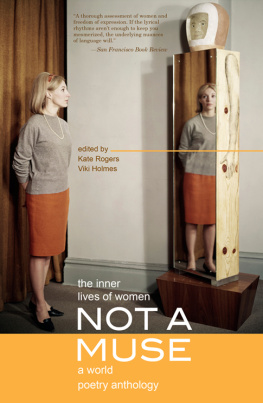

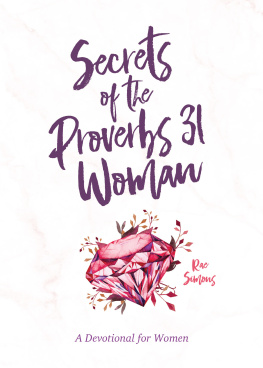
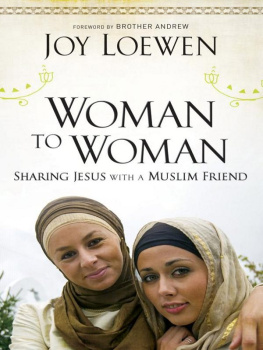
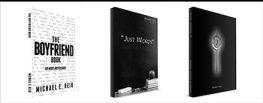
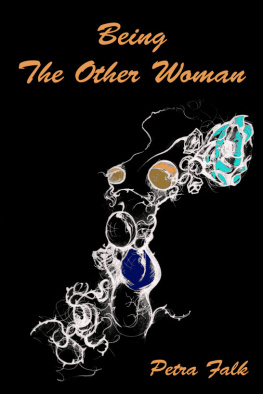
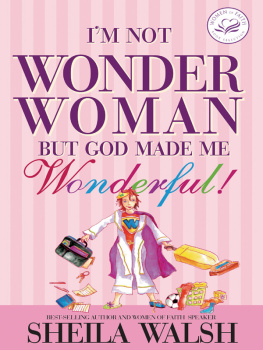
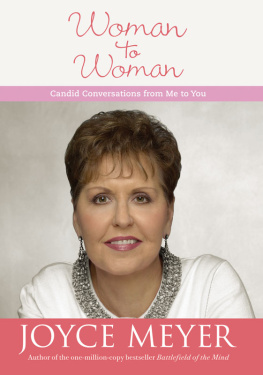
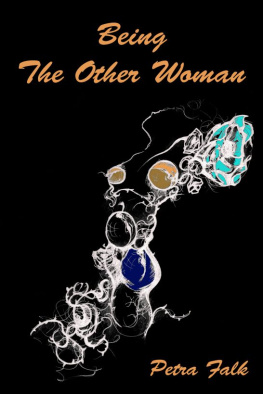
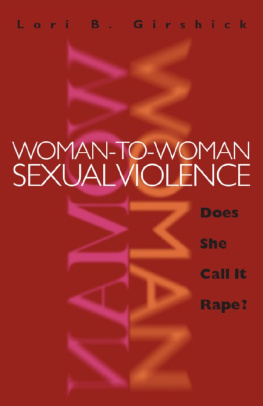
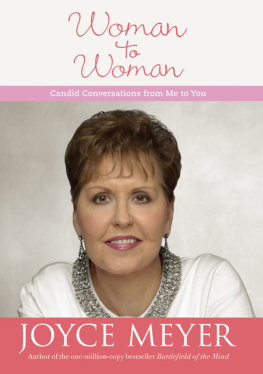
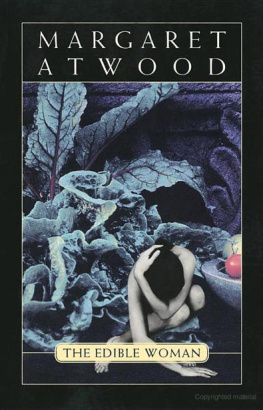
 Not a Muse: The Inner Lives of Women, a World Poetry Anthology Published in Hong Kong by Haven Books in 2009; second printing in 2010 ISBN 978-988-19743-4-1 Copyright 2009 by Haven Books and the individual contributing writers and poets Cover design by Candace Campos, Haven Books; cover art Marisol Escobar, licensed by VAGA, New York, NY The moral right of the contributing writers and poets has been asserted. All rights reserved. No part of this book may be reproduced or translated in any form without the express permission of the publisher or the contributors. www.havenbooksonline.com table of CONTENTS
Not a Muse: The Inner Lives of Women, a World Poetry Anthology Published in Hong Kong by Haven Books in 2009; second printing in 2010 ISBN 978-988-19743-4-1 Copyright 2009 by Haven Books and the individual contributing writers and poets Cover design by Candace Campos, Haven Books; cover art Marisol Escobar, licensed by VAGA, New York, NY The moral right of the contributing writers and poets has been asserted. All rights reserved. No part of this book may be reproduced or translated in any form without the express permission of the publisher or the contributors. www.havenbooksonline.com table of CONTENTS